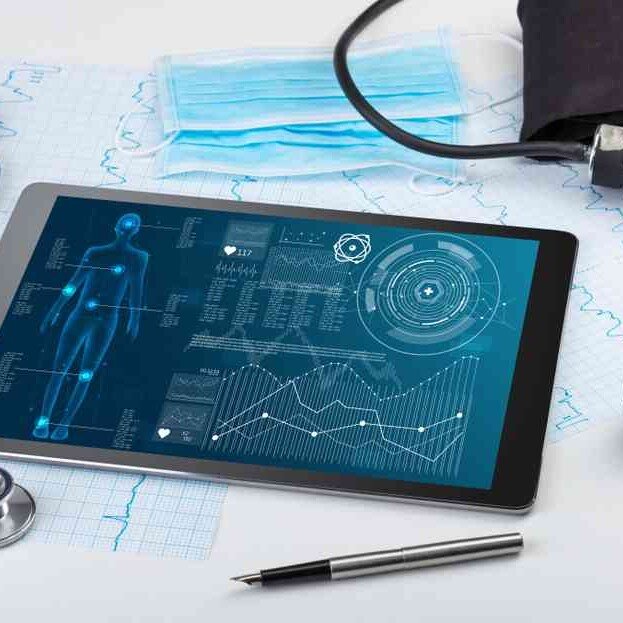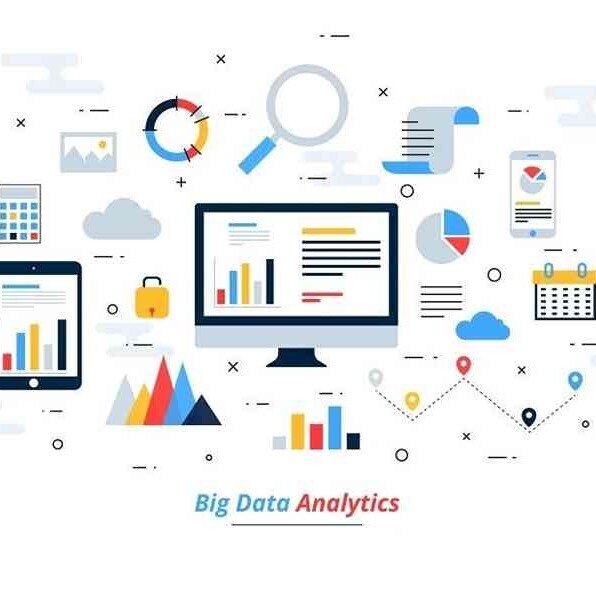1. Patient Privacy
When handling patient data, appropriate privacy laws and regulations must be followed.
These regulations can hinder the analytics process by imposing stringent rules to follow to gain access to the needed data for analytics.
2. Human bias
Humans design analytics techniques used in data analytics, and in so doing, analysts can introduce their personal bias into the analytic process.
It is important to identify and correct biases when analyzing data.
3. Data silo
Most of the patient health data needed for analysis is located in multiple sources across different regions.
Assessing and collating needed representative data for analysis thus poses a challenge.
Making use of data from these sources requires an infrastructure that easily allows health facilities to share patient data with others.
4. Public reporting
The data reveals insights about patient care and organizational health.
Analytical insight can reveal how poorly an organization is functioning compared to others, yielding a bad impression in the eyes of the public and, hence, preventing them from sharing patient data in their health systems.
A network approach to health data analysis whereby multiple health facilities share data across a network while maintaining their anonymity to the public can help curb this challenge.
5. Interoperability
Health data is collected using health information systems, most of which are not designed to share data among themselves; hence, data analysts have to resolve discrepancies in the collection of the data from multiple health systems before embarking on analysis.
6. Cyberattacks
Health data in health information systems is a major target for cyberattacks.
A data analytics project works with large sets of health data; hence, data analysts must deploy needed security measures to safeguard patient data in their care.
7. Lack of data analysts
The data analytics field currently lacks the manpower to work and grow the field.
Finding and retaining skilled personnel capable of performing complex analytical tasks is a challenge.
This cuts across all industries, not just the healthcare industry.
Obisesan Damola
Damola is a medical doctor who has worked in the Nigerian healthcare industry for a little over 3 years in a number of primary, secondary, and tertiary hospitals. He is interested in and writes about how technology is helping to shape the healthcare industry. He graduated from the College of Medicine, University of Ibadan, the foremost medical training institution in Nigeria.



